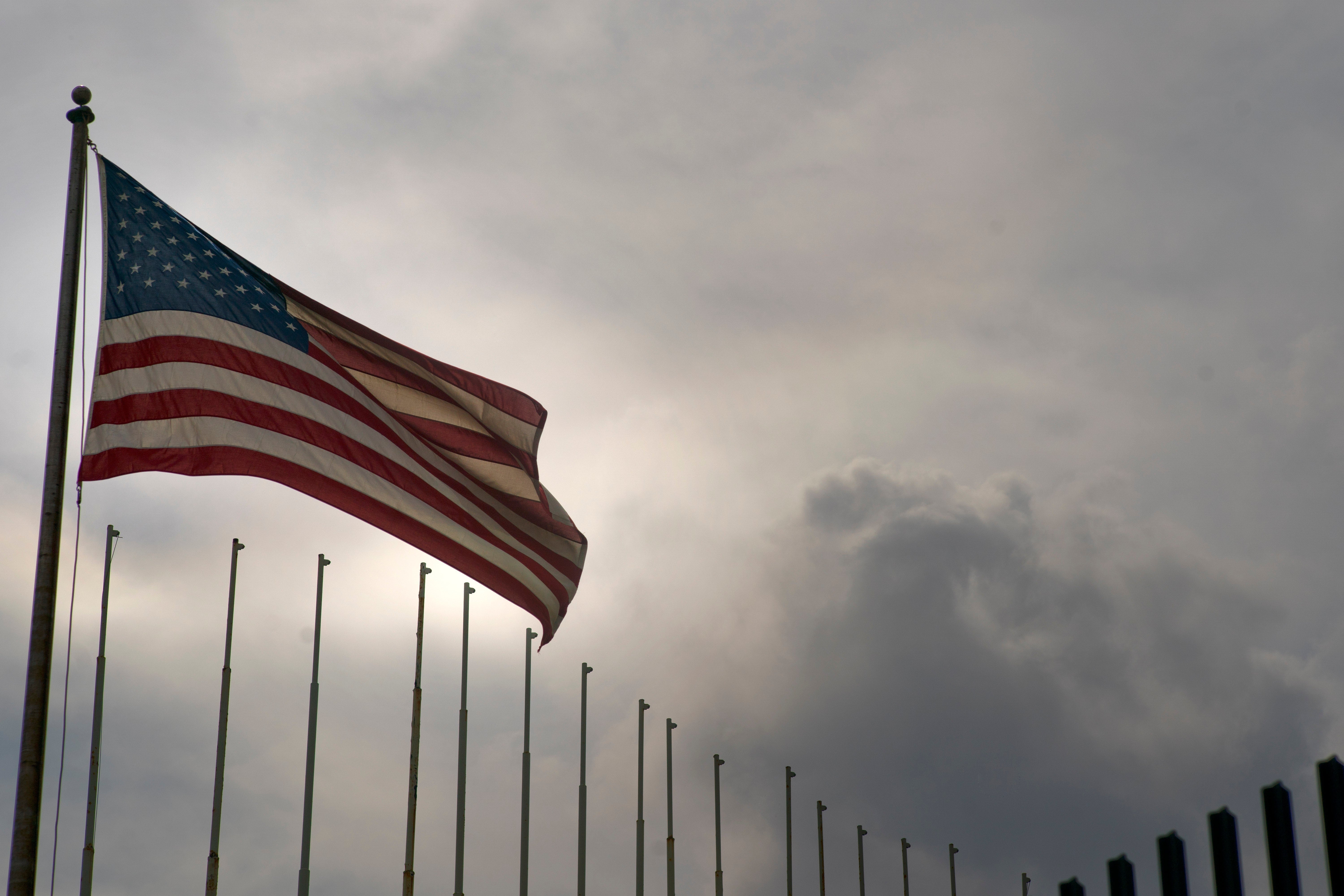Cuba says it will attend migration talks with the US
Cuban authorities say migration talks with the United States will take place this week, the first in four years since the hardening of relations between both countries and amid a sustained increase in arrivals of Cuban citizens at the southern border of the U.S. Cuba’s Foreign Ministry said on Twitter that the meeting will be held in Washington on Thursday and that its delegation will be headed by Deputy Minister Carlos Fernández de Cossio

Your support helps us to tell the story
From reproductive rights to climate change to Big Tech, The Independent is on the ground when the story is developing. Whether it's investigating the financials of Elon Musk's pro-Trump PAC or producing our latest documentary, 'The A Word', which shines a light on the American women fighting for reproductive rights, we know how important it is to parse out the facts from the messaging.
At such a critical moment in US history, we need reporters on the ground. Your donation allows us to keep sending journalists to speak to both sides of the story.
The Independent is trusted by Americans across the entire political spectrum. And unlike many other quality news outlets, we choose not to lock Americans out of our reporting and analysis with paywalls. We believe quality journalism should be available to everyone, paid for by those who can afford it.
Your support makes all the difference.Cuban authorities said Tuesday that migration talks with the United States will take place this week, the first in four years since the hardening of relations between both countries and amid a sustained increase in arrivals of Cuban citizens at the southern border of the U.S.
Cuba's Foreign Ministry said on Twitter that the meeting will be held in Washington on Thursday and that its delegation will be headed by Deputy Minister Carlos Fernández de Cossio.
The last of these meetings — which according to agreements between both countries must be held twice a year — took place in July 2018, under the administration of then President Donald Trump.
Trump ended the policy of rapprochement between both nations that his predecessor Barack Obama had begun.
Trump increased sanctions against the Caribbean island, from the cancellation of permits to send remittances or cruise ships, to penalties for companies from third countries that operate in Cuba, to limitation of flights and punishment of oil tankers bound for Cuba.
Also, Trump withdrew embassy staff in 2018. Thousands of people were left without completing family reunification processes or were prevented from traveling unless they carried out visa procedures through Guyana.
The pandemic further complicated things and new U.S. President Joe Biden did not relax the tough measures, despite his campaign promises.
According to U.S. Customs and Border Protection, in the last six months Cubans were stopped 79,800 times at the southern U.S. border, a little more than double the entire 2021 fiscal year and five times more than 2020.
Cuban authorities said that in the last five years the United States had also failed to comply with the part of the bilateral agreement that establishes the delivery of 20,000 visas per year.
Cuba held migratory talks over that period of time with countries such as Canada, Belize, and less than a month ago with Mexico, which is seeing more Cubans at its borders. Cubans have been arriving there irregularly — in trips plagued by smugglers and dangerous routes -- with the aim of entering the United States.